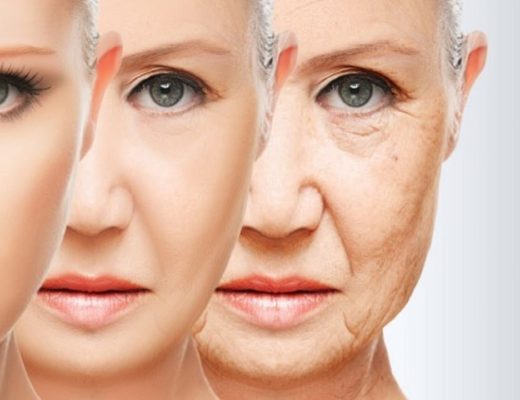Holistic therapy is the new psychological buzz word. It’s what the online casino is to gaming; a neat structured package comprising divergent treatment protocols rather than cross-genre casino games. The idea behind holistic therapy is couched in a triumvirate of healing focussing on mind, body and soul. It’s a treatment technique that understands the interconnection between the physical, mental, emotional and spiritual in the pursuit of overall health and well-being.
Therapy for the Entire Person

There is a growing realisation that mental and emotional problems can be triggered by deficits in the physical realm. A poor body image, for instance, can lead to low self-esteem, deep seated depression and even suicidal thoughts. Similarly, many mental issues can be traced to a spiritual disconnect or a feeling of isolation from the universe.
Treating the symptoms with traditional methods like anti-depressants and cosy chats on the couch may work in some instances… but they do not address the underlying cause of the mental and emotional anguish. This is where holistic therapy steps in.
Designed to Deal with the Complex Human
These days, therapists and counsellors are more cognisant of our innate complexity. They realise a multipronged approach to healing – which strengthens and supports all aspects of a patient – delivers the best results. Fixating on just one component and treatment technique may have short term benefits but to put a person back together again into one happy, healthy and functioning individual takes a host of different interventions.
Conventional and Alternative Treatment Techniques

As a result, practitioners are combining medical treatment protocols with alternative techniques such as meditation, yoga, prayer, reiki, hypnosis and acupuncture. They are also assessing the patient in his or her entirety in an effort to pinpoint the areas that could be contributing to the problem.
In addition to prescribing non-conventional treatment modes as outlined above, they are also offering dietary advice, discussing weight management goals and suggesting nutritional supplements that can, for example, promote hair growth in someone who is suffering from severe depression because they are going prematurely bald.
Encouraging patients to focus on the normal things in life like exercising regularly and getting sufficient sleep is also on the holistic therapists’ radar. So too is the way in which they interact with colleagues, family and friends. A person who feels alienated from others is more likely to suffer from anxiety and stress which, in turn, can trigger all sorts of physical and mental disorders.
The Human Spirit Drives the Healing Process
The spiritual aspect of therapy is as important as all the other treatment parts. We are now fully aware that the human spirit is intimately involved in the healing process. Recent studies have shown that spiritual people with a strong sense of their place in the universe are less likely to suffer from depression, anxiety, suicidal thoughts and substance abuse.
They experience an enhanced quality of life and when they do have mental or emotional issues, they exhibit a much faster remission from depression and enjoy maximised psychiatric outcomes. In essence, spiritual folk are far better equipped to handle adversity on every level.
What this means is that for therapy to be optimally successful, there has to be a concerted focus on the spirituality, or lack thereof, of a patient. It is after all linked to a person’s pursuit of inner happiness.
With spirituality as a core element, holistic therapy can help a patient better understand the spiritual self and the role it plays in just about every aspect of life, from personal relationships to quality of life. A strong belief system can and does strengthen a person’s ability to deal with psychological and mental issues, both in themselves and in others.
Spiritual Treatment Techniques

Along with meditation and prayer, therapists are locking into spiritual journaling, forgiveness interventions and the use of faith-based or spiritual texts to heal and reinforce appropriate and healthy emotional and mental behaviour.
The idea is to generate a sense of hope and meaning in a patient, while highlighting the immense support the universe can and does provide. With the backing of a greater being or life force, people with problems are able to better cope with their situation and are more positive about the therapeutic outcome.
The shift toward spirituality as a key component in therapy is driven by the need for men and women who are experiencing mental and emotional pain to integrate mindful meditation, yoga and/or prayer into their self-care regimen.
It is just one piece in the puzzle that aims to treat and heal the soul. When used in tandem with conventional and alternative treatment protocols that include music therapy, art therapy and communing with nature, the probability of the patient attaining a serene and purposeful life state is that much higher.
Should Spirituality Be Part of Holistic Therapy?
Most therapists are fully behind integrating the spiritual component into their treatment protocol but there are a few who are dead against it. Their reasoning? They believe therapists may be inclined to force their belief system or religion onto their patients. This is obviously something that has to be guarded against.
Another problem is that there is limited formal training focussing on spiritual therapy. This of course can be easily remedied by adding dedicated modules to the college curricula… and we’re sure that will happen sooner rather than later.




